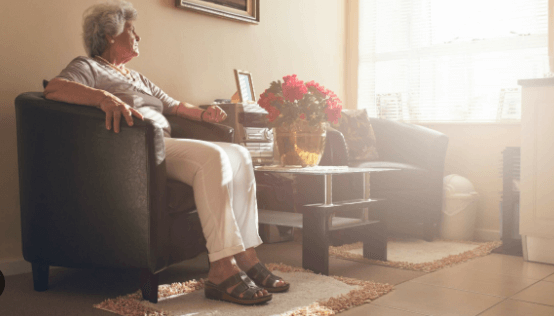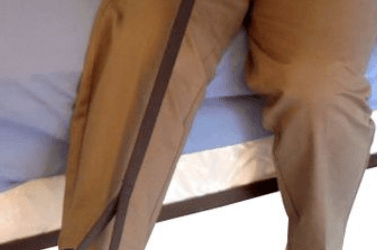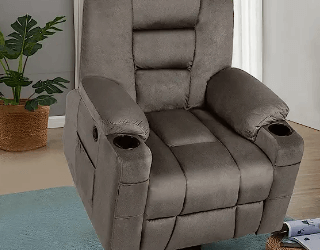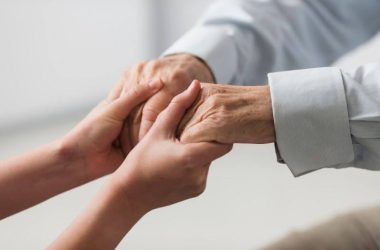Most seniors would love to live independently in their own homes which are familiar comfort zones for them. If they are physically and mentally healthy, they can surely do so. If they have either physical or cognition issues, these may make it difficult for them to do.
This can be concerning, more so if both parents have other health issues or if there is only one left. When both parents are alive, they may be able to manage better for a longer time, but a single parent may find it difficult to manage.
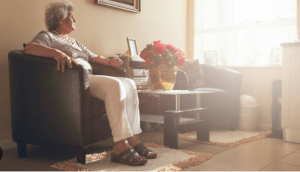
What To Look For?
Whether you visit your senior parent regularly or occasionally, some signs can be quite noticeable.
1.Messy house
If the upkeep of the house is not what it used to be, it is a sign that your senior parent is either too tired to clear up the mess, can’t be bothered to do so, or is isolated from visitors. A lot of clutter in an otherwise well-kept house is a sign of some kind of mental or physical deterioration.
2.Poor hygiene
Not bathing regularly, wearing unwashed clothes, and having bad breath are some of the signs that your senior is not taking care of his or her hygiene.
3.Unpaid bills
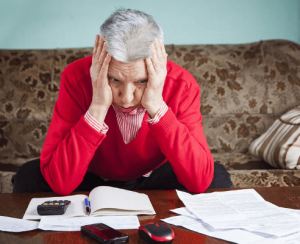
If there are a lot of unpaid bills, and unopened mail lying around, you can treat it as another sign that the senior is lapsing. Unpaid bills can lead to actual problems such as electricity, gas, and water being cut off. You need to make a note of this and ensure that payments are made promptly. You can do by setting up an auto payment debit online.
4.Difficulty in sitting down and getting off a sofa or chair
Elders with joint problems may find it difficult to sit in a chair or sofa and get up, without support (even if it is holding on to the arm of the sofa or chair). If you notice this happening, you can be relatively certain that the senior has mobility issues and a loss of flexibility.
5.Frequent falls
In case you find out that your parent is falling often, it may be because he or she is unsteady on the feet, has balance issues, vertigo, arthritis, or one or more of a host of health issues. Any of these may necessitate a doctor’s visit as many of these can be treated.
6.Missing medicines
If your parent is not taking any needed medicines regularly (such as for diabetes, high blood pressure, cholesterol, or necessary supplements) or not filling prescriptions, it is time to check this out.
7.Driving difficulty
Driving is usually an important part of the senior’s independence. Going to the supermarket for social visits shopping or medical appointments is often a necessity. While driving over the years becomes quite routine, if your senior’s reflexes are poor, it can result in accidents, during driving. This can be dangerous.
8.Vision issues

Your senior parent may face difficulty in seeing properly. Apart from normal vision disorders like myopia, or problems in reading fine print (which can be solved by near-vision glasses), there are many other vision problems. These could be cataracts, retinal issues, glaucoma, or something else. Whether or not the senior regularly wears prescription glasses, periodic eye checkups are necessary.
9.Sleeping problems
This can be insomnia not being able to fall asleep or stay asleep or sleeping too much. Either can be a sign of depression, anxiety, or even physical issues. This can result in greater exhaustion or constant fatigue.
10.Unexplained weight loss
If your senior is looking thinner than usual, it may well be that he or she is not eating properly. It could be because of forgetfulness or a lack of appetite. This is an issue that needs to be addressed either by providing meals or paying for them.
11.Financial health
Apart from not paying bills, the senior may have poor financial health. This may be due to overspending, not paying attention to investments and other incomings, or just reduced income. This can be concerning as money can easily run out.
12.Defensiveness or paranoia
When asked about one or any of these issues, the senior may be defensive about the actions or lack of them. This is another sign that the senior is facing difficulty in living alone.
13.Memory problems
The senior may stop talking in the middle of a sentence, forget what he was talking about, and forget things in general. While everyone faces this kind of issue at times, when it is a regular thing, you need to get it checked out. It may be a sign of cognitive problems such as Alzheimer’s or dementia. Trembling hands and unsteadiness may be a sign of Parkinson’s. At the very least, these should be ruled out.
You must put two and two together and talk to your siblings regarding any problems faced by senior parents.
What to do when you see your senior loosing independancy?
If you find that your senior parent is having many issues that hamper his or her living on their own, then it may be time to take action.
The first step would be to check out their physical and mental issues, by getting the right medical diagnosis. The next thing would be to make sure that medical advice is followed.
In case your elderly parent is not compliant, then you need to have a difficult conversation with them regarding their issues. If they just need occasional help, you may want to get someone in part-time or regularly to keep the house clean and the yard work done. You may need to arrange for meals as well.
For older seniors with health problems, it may be possible to get part-time or full-time caregivers, if the parent wants to stay in his or her own house. If this is not a viable option then someone moving in (like you or a sibling) or moving the parent to your own house may be an alternative.
Your parent does not want to do that? Then independent living in a smaller place that has all the needs taken care of may be an option, depending on where you live and the costs involved. If the senior citizen has more health issues, then assisted living may be a choice.
Final thoughts
As longevity increases, more and more senior citizens are living alone. Adult children with or without families usually live on their own and they may even live far away. This has implications for all family members and society as well.
When parents are in relatively good health, physically and mentally active, having a social life, they can live on their own. However, if they have health problems, they need the care that they deserve.

Smiti is a web content writer, journalist, book author, and dietitian whose work has appeared in Tribune India, Apollo Life, Indian Express, Women’s Era, and other print and digital publications. She transitioned from writing for the print media to web content writing and has ghost-written various kinds of content in a variety of niches.




